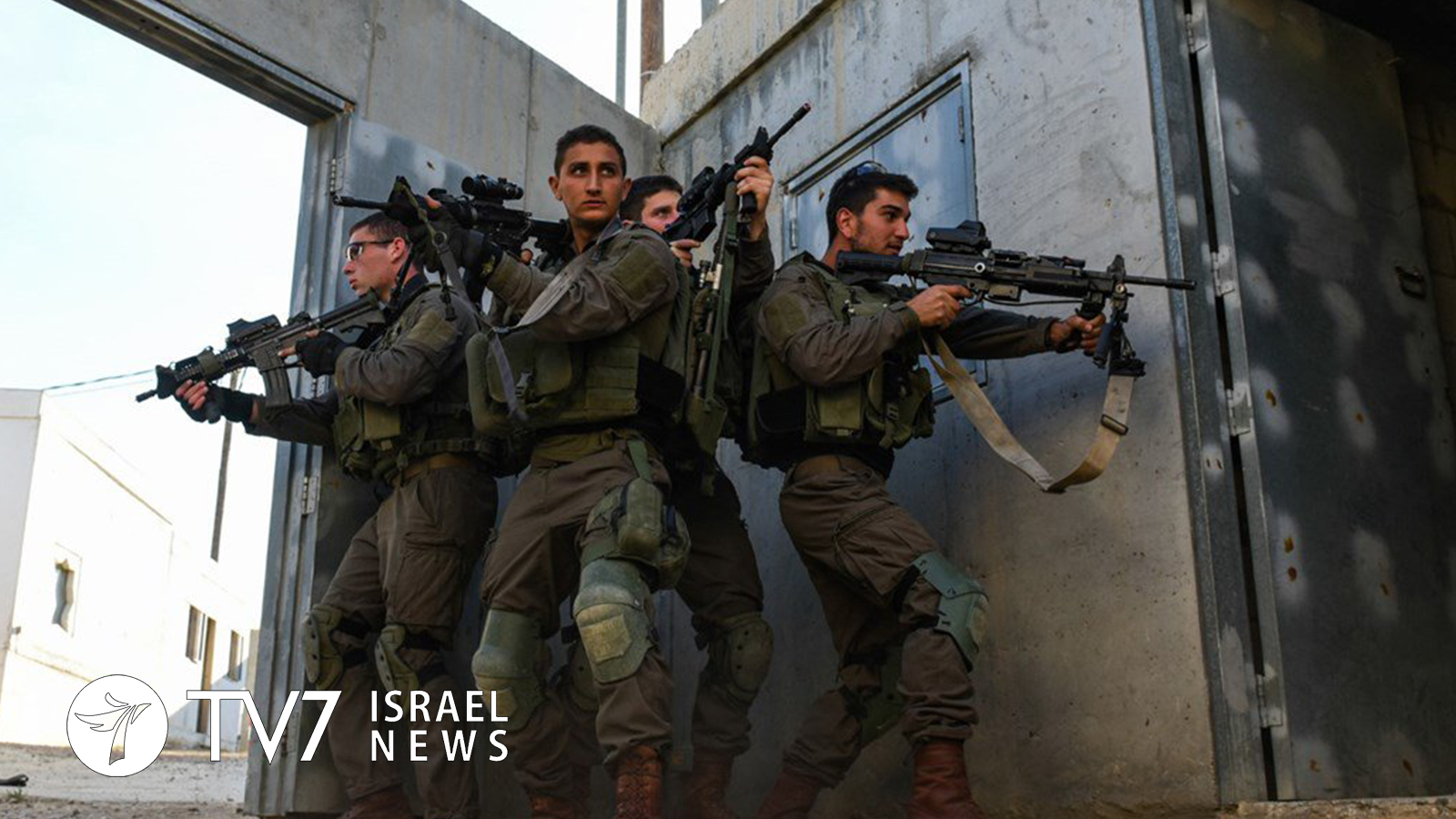The Real Qualitative Military Edge
By Amir Oren
The Israel Defense Forces’ Manpower Chief, or J-1, is not the most inportant or glamorous officers in the service. It is a 2-Star position, equal in rank to all other Branch, Arm and Command heads and outranked only by the Chief of The General Staff. No Brigadier General is likely to refuse promotion to this job, hoping it will serve as a stepping stone to a lateral move in command of troops. Yet only one of the IDF’s 22 Chiefs passed through this gate, more than 60 years ago, two other General Officer almost made it and none of the Air Force pilots competing for their service’s top positions from this perch ever came back to the cockpit.
Manpower, however, as well as Womanpower, is an active front for Israel’s military. It does not have to go out of its way to recruit, because it conscripts, but it certainly has to retain those who stay on after some three years, more (for officers) or less (for other ranks). The best and the brightest do not necessarily wish to command infantry battalions, fighter squadrons, missile boat flotillas or intelligence centers. Some would contend that the opposite is true. Talented people are eagerly sought by the Hi-Tech market. If they suffer from pangs of conscience for leaving their buddies in uniform, they may quiet them by contributing some 60 days annually to arduous active reserve duty and preparing for war.
Israel’s society has changed over the last two or three decades, and with it the military’s place within it. While still considered an effective organization, at least relative to other governmental and public ones, it is no longer venerated as the country’s saviour, especially since it is hardly ever involved in existential struggles – police duty in the West Bank and an endless loop of exchanges with Gaza are the order of the day. No one denies it is essential, as a hedge against the day, but the sentimental view and high regard no longer apply. One may need an insurance agent to ward off a catastrophe. That does not mean, however, that one is in awe of this broker or longs to join him.
With this as background, IDF Chief Aviv Kochavi used the change of command ceremony at J-1 Headquarters near Tel Aviv, earlier this week, to lash out – or push back – at the military’s critics. He named no names and did not single out any particular group, but his message was unmistakable: Lay off military benefits and pensions.
A favorite target of writers on the Economy and Finance pages of several newspapers, these are depicted as expensive perks bleeding the national treasury and causing other organizations, such as the Police, to demand equal treatment. To that, Lt.-Gen. Kochavi added another call often voiced by commentators and at times by politicians, to do away with Israel’s Universal Military Service, with so many waivers – especially on religious grounds – that is intrinsically unfair to those who do not choose to dodge. Time, say the critics, to base the military on a merit-mercenary model.
Kochavi shuddered at these suggestions, which he deems unrealistic and unaware of the consequences for Israel, in its unique position. After 37 years in the Army he joined out of high school – by law, indeed, but then volunteering for the elite combat brigade of Paratroops – he is well qualified to pass judgement on needs, resources and circumstances.
The upshot, to Kochavi, is that the IDF’s secret weapon is its leadership, throughot the chain of command. If conscription is cancelled, bold and creative potential leaders will not join – they will pursue academic or professional careers, leaving the officerdom to less qualified 18-year-olds. Many Israeli youngsters are not too fond of the prospect of pursuing a military career before they get a taste of the service, but once assigned to a unit and finding a new mission and motive, may choose to test their potential. This resource will be lost without conscription.
And once in the pipeline, being promoted under the “up or out” system, officers are constantly judged for fitness. They may have been great platoon leaders at 20, but struggle to adapt to fresh ideas as 35 or 40-something Majors and Lieutenant Colonels. In order to rejuvenate the military, they must be pensioned off and make way for their younger brothers. If these promised pensions are taken away, their families will press them to leave much earlier for a second career. It will be, warns Kochavi, penny wise and pound foolish – and not only in monetary terms.
Troop leaders, as well as talented Intelligence and Cyber experts and seasoned commanders and managers, are the most important components of Israel’s qualitative military edge, according to Kochavi, who would know, having served as Director of Military Intelligence with deep insights into what makes Israel’s Arab and Iranian enemies tick. Don’t undercut the secure branch you all are sitting on, he is warning civilian decision makers and opinion leaders.
By speaking out, and daring to be controversial and slightly out of step with the times, Kochavi is intentionally drawing some domestic fire. A small price to pay, in his view, so that when a bigger fire engulfs the neighborhood, the fire brigade – and the insurance agents – will take care of it.
